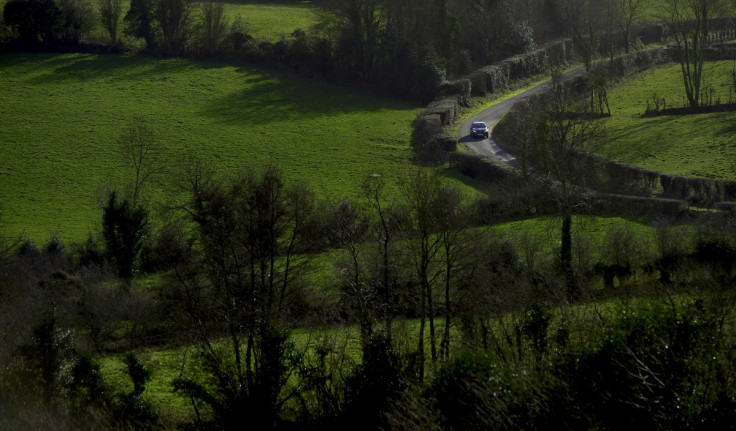Fermanagh and Omagh officially 'happiest place to live in the UK'

Feeling down? You might try a move to Fermanagh and Omagh, which a recent survey found is the happiest place in the UK. The Office for National Statistics poll found that Bolsover in Derbyshire came lowest for happiness, worthiness and life satisfaction, while Pendle in Lancashire had the highest anxiety levels.
The ONS said personal well-being had risen every year since 2011/12 when data was first collected. But it clarified that the rise was a result of people reporting the highest levels of wellbeing rather than a reduction in the number of people reporting the lowest levels, recommending that ministers address the "growing inequality" in personal wellbeing.
"[This] indicates that while improvements are widespread across the population, they are uneven. The proportion reporting very high personal well-being is growing faster than the proportion reporting low levels is falling. This indicates increasing inequality in personal well-being," the ONS said.
The survey was put to 165,000 adults - who were quizzed on four measures of well-being: Life satisfaction, feeling that what one does in life is worthwhile, happiness and anxiety. According to the survey, residents of Fermanagh and Omagh scored an 8.3 when asked: "Overall, how happy did you feel yesterday? Where 0 is 'not at all happy' and 10 is 'completely happy'."
Those in the Ribble Valley, Lancashire, scored second highest with 8.21, while Eilean Siar in the Outer Hebrides came third, scoring 8.15. In the least happy area, Bolsover, residents rated themselves as a 6.89.
Glenn Everett, the ONS director of well-being, said: "We often talk of how the country is doing, usually in economic terms. Today's figures address how people are feeling about their lives. Overall, people are generally rating their lives higher than they did four years ago.
"But what is interesting is that they show a slight growth in inequality between people rating their lives highly and those reporting low levels of personal well-being. In other words, a growing inequality that policy makers need to consider."
© Copyright IBTimes 2025. All rights reserved.



















